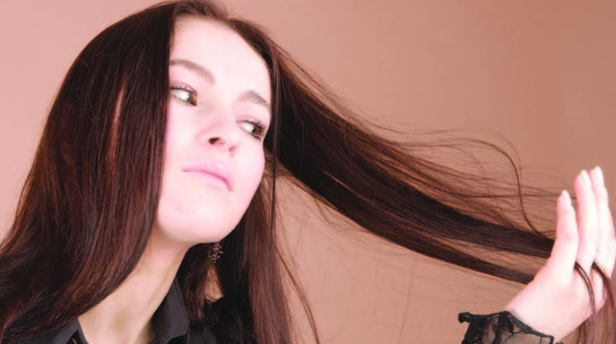Approximately 2 million to 10 million Americans suffer from trichotillomania, or as some call it, “trich”, or hair pulling. People of all ages and ethnicities can have trichotillomania, but it seems to be more prevalent in women than in men, with the average age of onset being 11 years old. While the underlying biology is not clear, what is known is that people with trichotillomania have a neurologically based predisposition to pull their hair as a self-soothing mechanism. The action serves as a coping mechanism for anxiety and other emotions. Even boredom can trigger trichotillomania.
Trichotillomania is a lot like obsessive/compulsive disorder (OCD), because it resembles the same kind of repetitive behavior. The action of pulling is preceded by an uncomfortable sensation that must be relieved, but unfortunately, the constant pulling creates damage to their appearance and the result is a head with little to no hair. In most cases, the hair will grow back. However, there are instances where constant pulling has damaged the hair follicles and regrowth does not occur.
The good news is there are trich-friendly salons and specialty centers that can replace and or repair the hair that has been damaged by pulling. The Hair for Life Center, in Englewood, New Jersey, uses a nonsurgical hair enhancement process called IntraLock and specializes in treating clients with trichotillomania. With the IntraLock Process, tiny, hairlike threads are looped around the hair that has not been pulled. Once a pattern has been placed by the thread, new human hair strands are applied and hair is repaired, giving people the freedom to feel confident again. Discretion is the number one priority at the Hair for Life Center. All of the hair application rooms are private and the service is performed one-on-one with a personal hair technician. The application takes approximately two to three hours and the new hair lasts up to three years.
Many of the clients express that once the IntraLock process is applied, they do not get the urge to pull any longer, so the benefit is that their hair will grow back, as well as their confidence to go out into the world without the stress of hiding bald spots.
Karen DeRose is a licensed cosmetologist who has been working with clients suffering with trichotillomania for 20 years. For more information or to schedule a private one-on-one consultation, call 201-731-3530 or visit TheHairForLifeCenter.com.




